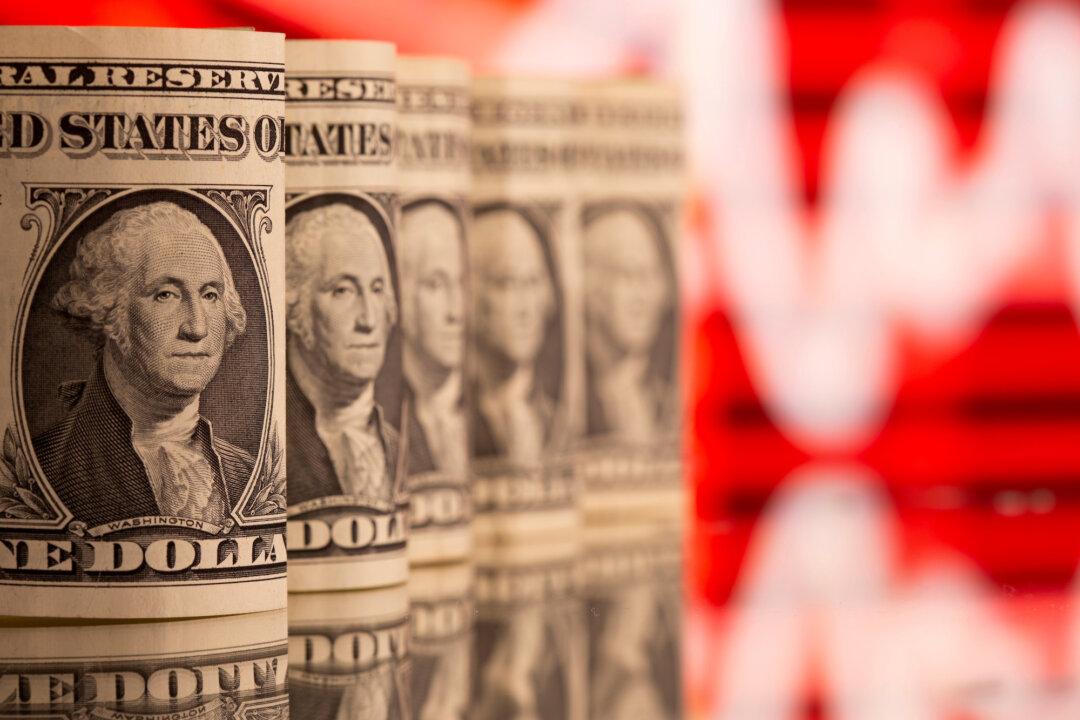A new poll has found that most Americans believe that the United States is headed for a recession or is already in an economic downturn.
Pessimism about the economy hit a record high amid rampant price inflation, rising interest rates, and growing recession concerns. According to the latest CNBC All-America Economic Survey, 69 percent of U.S. adults have negative views about the current economic landscape. This is the highest figure since the survey began 17 years ago.





